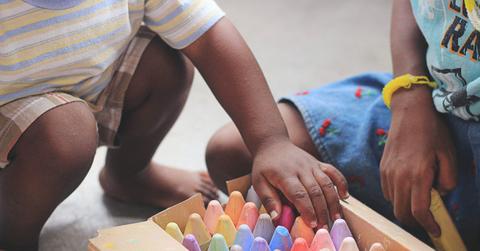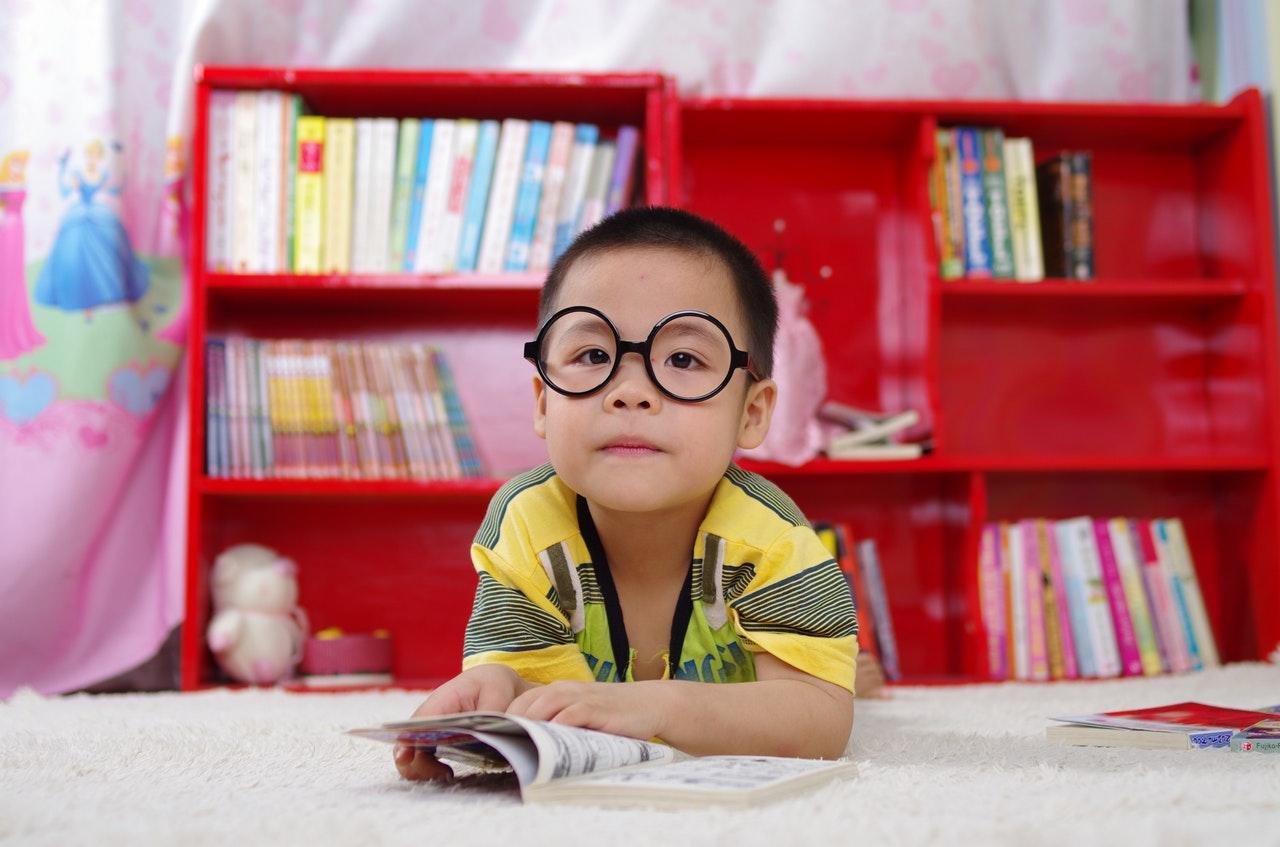Electronic Toys May Impede Language Development, Suggests Recent Research
According to recent research, children's use of electronic toys may not be teaching them as much as marketing suggests. In fact, reliance on electronic toys may distract from important language building with parents and caregivers.
Updated May 24 2019, 3:52 a.m. ET
There are few sounds parents dislike more than the constant chirping, beeping, singing, or buzzing of children's electronic toys. These sounds, often on repeat for hours of the day, are like the proverbial nails on a chalkboard and quickly become an irritation to already stressed parents. Purchased by well-meaning parents or relatives, electronic toys are frequently marketed as "learning toys" or "educational toys," with promises to help young toddlers hit milestones, such as counting and reading.
Even those who start their parenting journey with the intention of not allowing electronic toys often end up with noisy, flashing, beeping toys. Gifts from friends and relatives who want to help give the child a "leg up" or who want to feel that they've given the child the "best" or "coolest" toys, which are often electronic, may lead to children playing with these toys anyway. And while the noise and sing-song voices of animated puppies and counting pianos may drive parents to distraction, the lure of the marketing message is often just enough encouragement to convince parents to deal with the annoyance.
Research indicates, however, that the truth is a far-cry from the marketing. A 2016 study published in the Journal of American Medicine Pediatrics, compared how different types of toys impact interactions between parents and children. Toys considered in the study include puzzles, age-appropriate books, open-ended toys such as wooden blocks, and electronic toys marketed as educational.
According to the data, parents interact with their children less frequently and are less responsive when children play with electronic toys than when they play with other toys, such as puzzles or wooden tools. Of course, this could be for several reasons. For instance, parents may not want to interrupt what they consider a valuable learning moment, or they may be taking advantage of the distraction to take a break.
But since there is significant data to suggest the development of language abilities in toddlers is very much a social process, and the volume of one-to-one conversation with caregivers is one of the best predictors of success in school, suggesting that these "educational" toy are actually just the opposite. By discouraging parents and caregivers from interacting with toddlers, electronic toys may actually be more detrimental to language development than beneficial.
So what should concerned parents do to help their toddlers learn? Monitor and limit how much time children spend playing with electronic toys and make sure open-ended, age appropriate traditional toys are always available. According to the American Speech-Language-Hearing Association, to help babies and young toddlers hit language milestones, parents should try encouraging babies to make vowel and consonant sounds, reinforce communication attempts with eye contact, and mimicking a baby's laughter and facial expressions. Teaching your child to incorporate actions into their speech, count, and name colors are also easy practices to blend into daily life when it comes to promoting good communication development.

